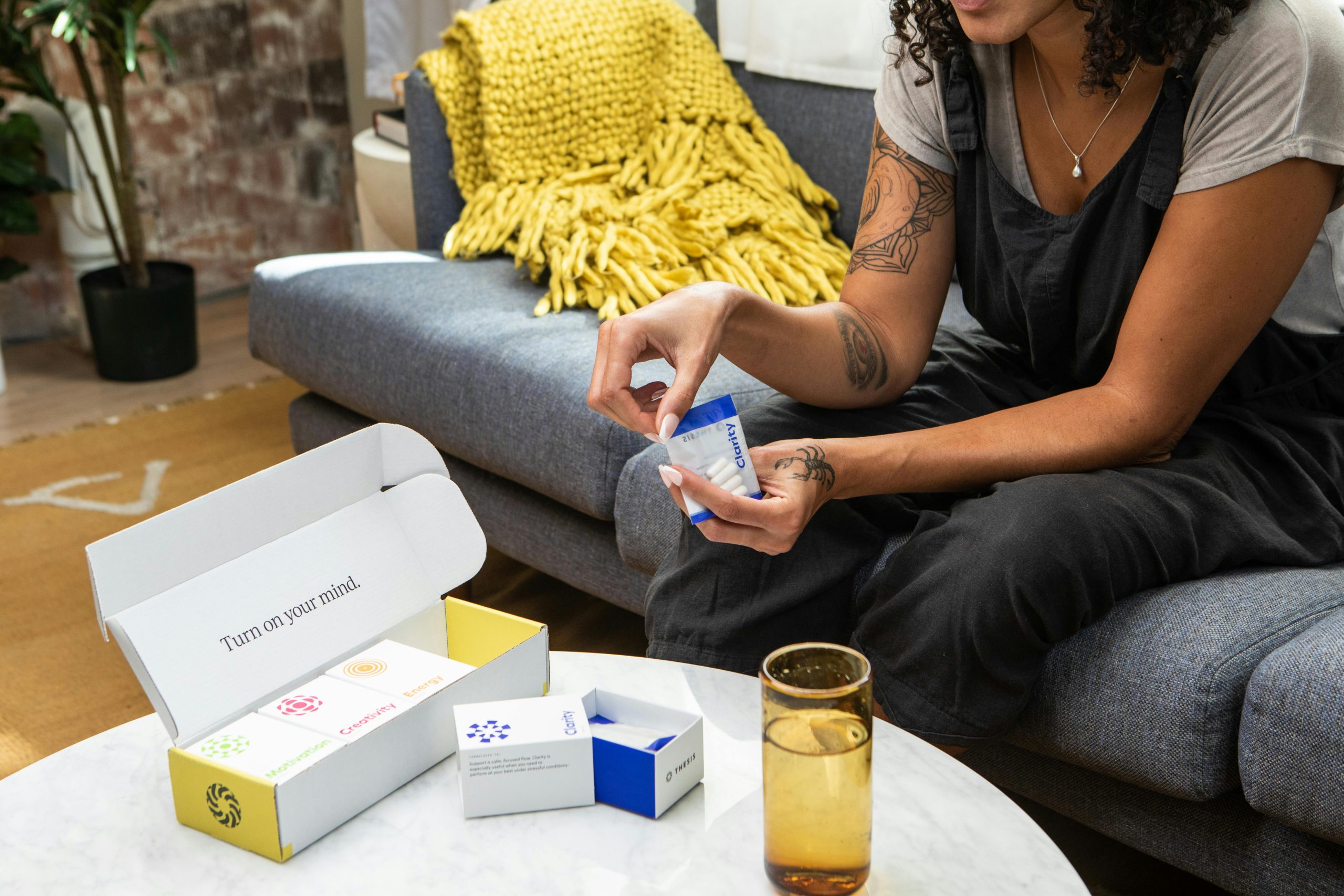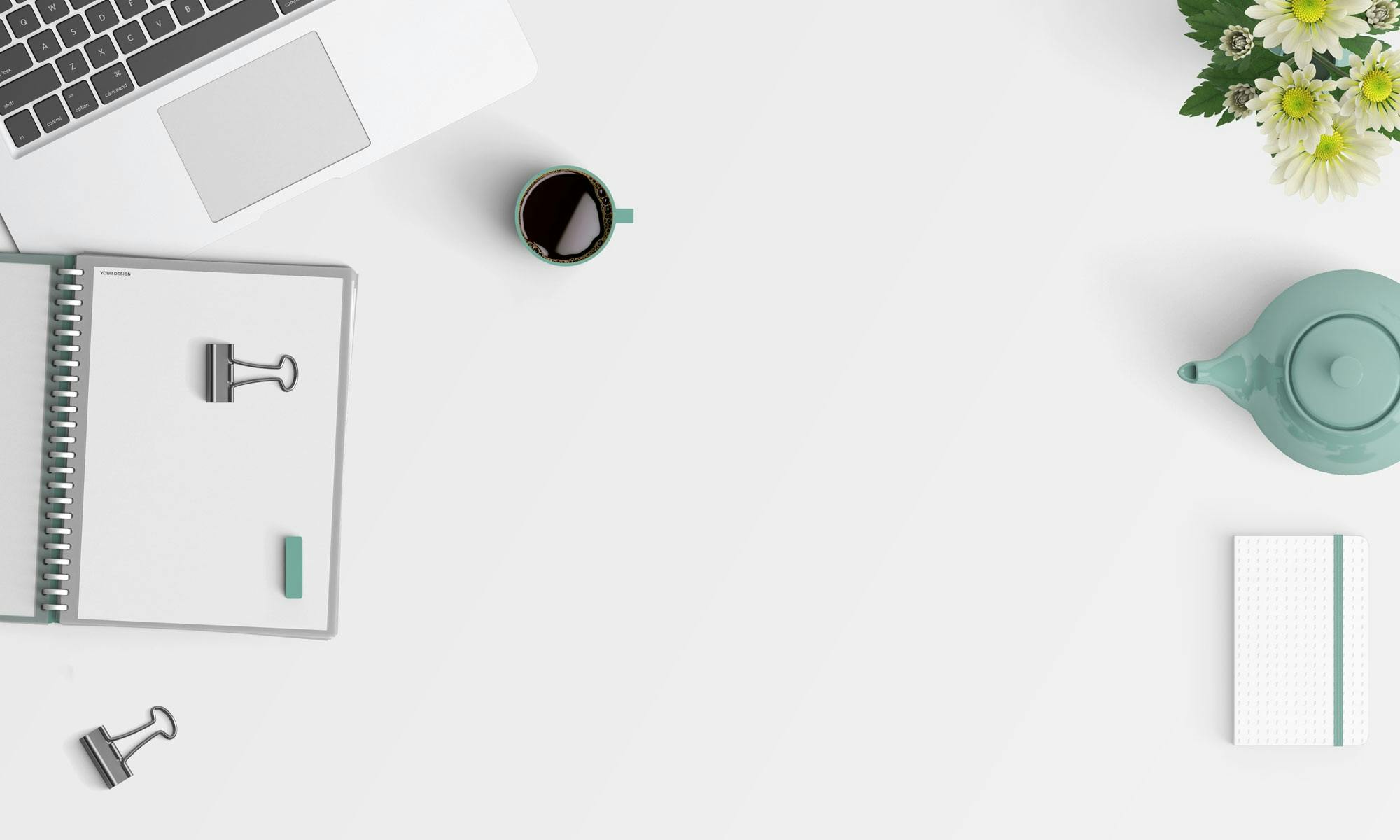Breaking bad habits and building productive ones is a challenge everyone faces at some point in their lives. Whether it’s procrastination, unhealthy eating, or excessive screen time, bad habits can hold you back from reaching your full potential. The good news? With the right strategies, you can replace these negative patterns with positive, success-driven behaviors. This guide will walk you through proven methods to break free from bad habits and cultivate routines that propel you toward success.
Understanding the Psychology of Habits
Before you can change a habit, you need to understand how it works. Habits are automatic behaviors triggered by cues in your environment, followed by a routine and a reward. For example, stress (cue) might lead to snacking (routine), which provides temporary comfort (reward). To break a bad habit, you must identify and disrupt this cycle.
The Habit Loop
- Cue: The trigger that starts the habit.
- Routine: The behavior itself.
- Reward: The benefit you gain from the habit.
By recognizing these components, you can begin to rewire your brain. For instance, if stress triggers unhealthy snacking, replace the routine with a healthier alternative, like deep breathing or a short walk, while still achieving the reward of stress relief.
Effective Strategies to Break Bad Habits
Breaking a bad habit requires more than just willpower—it demands a strategic approach. Here are some proven techniques to help you succeed:
1. Replace, Don’t Erase
Instead of trying to eliminate a habit outright, replace it with a healthier alternative. If you habitually check social media first thing in the morning, try swapping it with reading a book or journaling. The key is to keep the cue and reward the same while changing the routine.
2. Use the 21/90 Rule
It takes 21 days to form a new habit and 90 days to make it a permanent lifestyle change. Commit to your new behavior for at least three weeks, and then continue for another two months to solidify it. Consistency is crucial.
3. Remove Temptations
Out of sight, out of mind. If junk food is your weakness, don’t keep it in the house. If procrastination is an issue, block distracting websites. By reducing exposure to triggers, you make it easier to stick to your goals.
Building Productive Habits for Long-Term Success
Once you’ve broken a bad habit, the next step is to replace it with a productive one. Here’s how to build habits that contribute to your success:
1. Start Small
Big changes begin with small steps. If you want to exercise regularly, start with just 10 minutes a day. Small wins build momentum and make the habit feel achievable.
2. Stack Your Habits
Habit stacking involves linking a new habit to an existing one. For example, if you already brush your teeth every morning, stack a new habit like doing five push-ups right after. This leverages your established routine to make the new behavior stick.
3. Track Your Progress
Use a habit tracker or journal to monitor your consistency. Seeing your progress visually can motivate you to keep going. Apps like Habitica or a simple checklist can help you stay accountable.
Overcoming Common Challenges
Even with the best strategies, setbacks happen. Here’s how to handle common obstacles:
1. Dealing with Relapses
Slip-ups are normal. Instead of giving up, analyze what triggered the relapse and adjust your approach. Remember, progress isn’t linear—what matters is getting back on track.
2. Staying Motivated
Motivation fades, but discipline lasts. Focus on the long-term benefits of your new habit rather than short-term discomfort. Remind yourself why you started and celebrate small victories along the way.
3. Managing Stress
Stress often leads to falling back into old habits. Incorporate stress-management techniques like meditation, exercise, or talking to a friend to stay resilient.
Conclusion
Breaking bad habits and building productive ones is a journey that requires patience, strategy, and persistence. By understanding the psychology of habits, replacing negative routines with positive ones, and staying committed through challenges, you can transform your behaviors and unlock greater success. Start small, stay consistent, and remember—every step forward is progress. Your future self will thank you.



